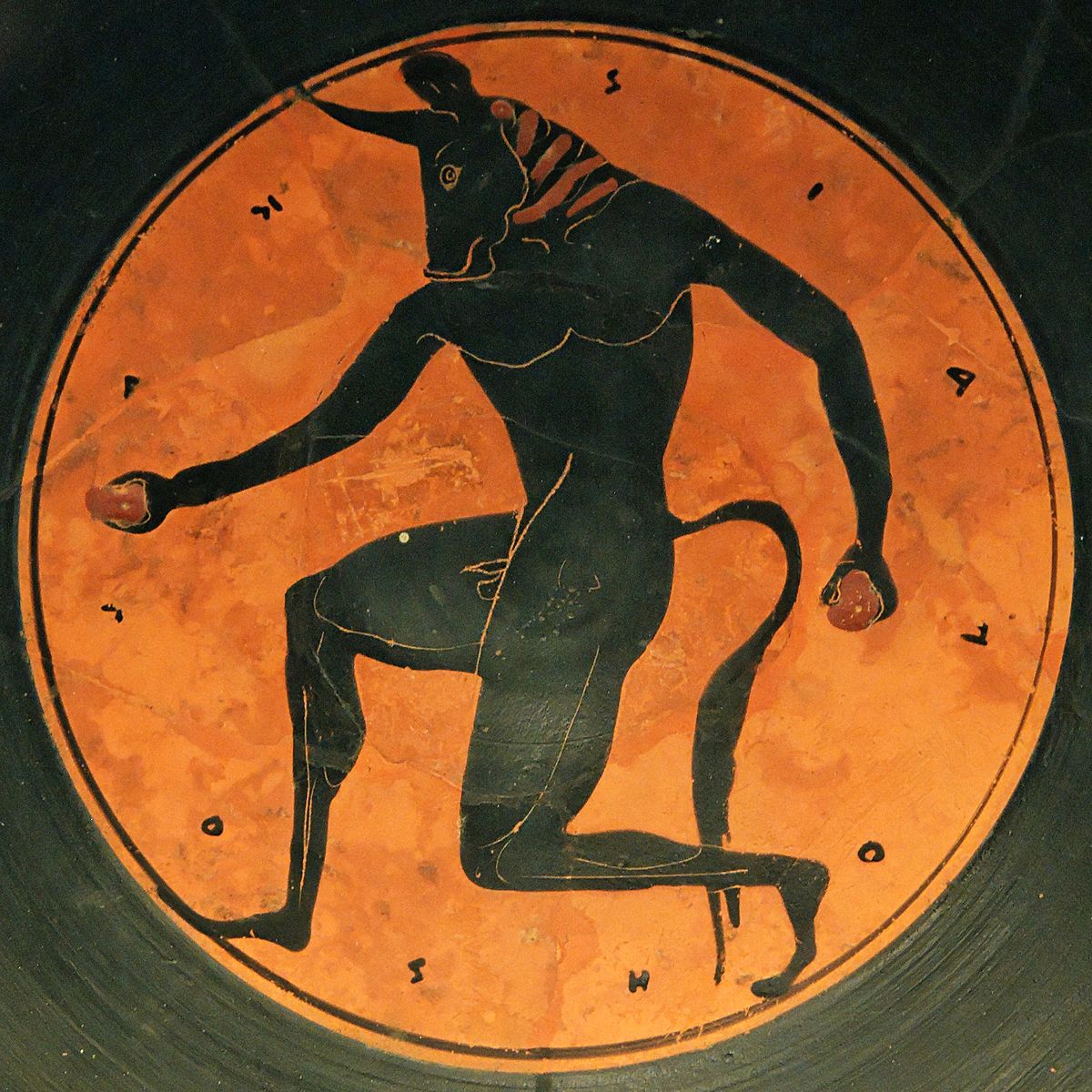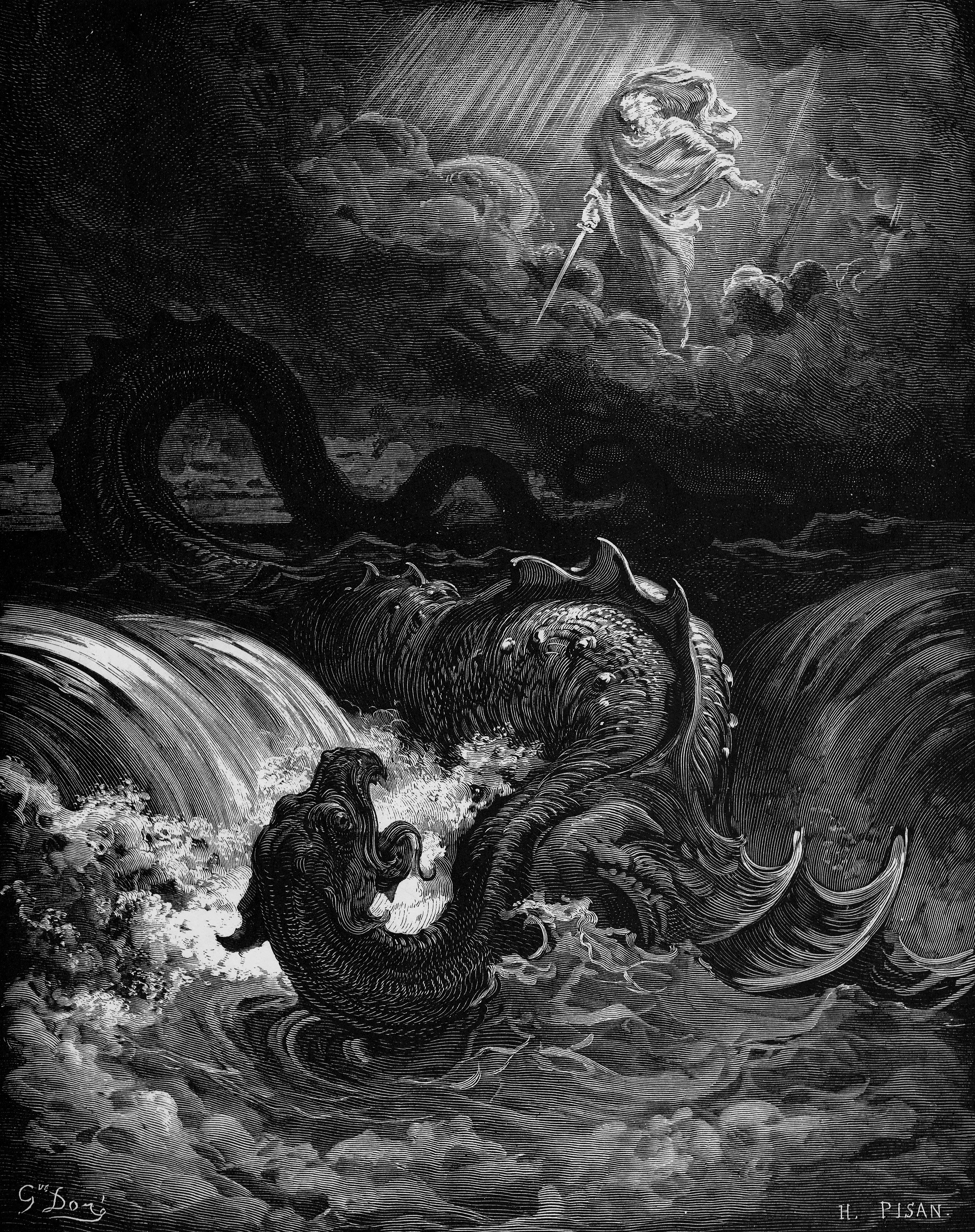Art:
McLuhan considered cultures with non-alphabetic languages, like the Chinese, to still be tribal. Alphabetic characters are, by the their very nature, devoid of meaning. Emojis show a return to non-alphabetic literacies. Memes are a similar development. The ascendancy of the Chinese and other cultures less removed from their tribal roots is another sign of the times. We shouldn't misinterpret the seeming uptick in oppression of these groups as a counterargument. It's a sign of a weakening, a waning.
But I think it's more helpful to imagine this as the formation of one conflict-ridden tribe rather than the proliferation of many warring ones. That latter phenomenon I chalk up to the last gasps of the print paradigm.
Then again, Ghengis Khan and Mao killed about 14 million a piece.Will:
It makes sense that Steffi would see the possibility of the Internet making the whole world one tribe/cult. I think the reason the one tribe idea limps, though, and I'm pretty sure I'm taking this from McLuhan, is that the global village is too large for people to feel the intimacy of the global village. We can't have a multibillion-person village that works like a 300-person village. I can find my network of 300 like-minded people, though.
You are right that he saw the electronic age as easternizing the west and westernizing the east. A thing that makes McLuhan misleading is that he tried to remove his feelings about technological advancement from his inventories. He wanted to say how things worked, not whether they were good or bad. In general, though, he preferred print culture to electronic culture. That didn't keep him from examining the dangers and benefits of both. In general, he said he was against all change, and that he wasn't an optimist or a pessimist but an apocalist—his hope was in the end of the world.








